What is a Cannabis Terpene?
There are in excess of 100 types of terpenes, and each has its own aroma, taste and healing properties. Your favourite types of cannabis will owe their unique flavour to these compounds. Terpenes are also found in other plants, such as tree leaves or flower petals. Natural terpenes are thus responsible for the unique and soothing scent you will experience whilst walking in, say, a forest or flower garden.
Terpenes Occur in Cannabis and Flower Petals
The cosmetics, food, pharmaceutical and biotech industries all widely use terpenes. These delicate compounds can easily disappear from a bud if the growing environment is too hot or if the buds are not properly matured or allowed to become overly dry.
The terpenes that are present in cannabis have all been well researched, especially since they can also be found in a variety of other organic matter, such as fruits and certain vegetables, flowers, spices, herbs, and even some animals etc. Aromatherapy professionals have known and used various terpenes and their aromas for years.
The Most Important Terpenes
Alpha-Pinene
A terpene called alpha-pinene is responsible for the pine scent in certain buds. As the name may suggest, it is also present in pine needles and herbs including dill, rosemary, parsley and basil. Herbalists have often used it as a treatment option for such conditions as stomach ulcers, chronic obstructive pulmonary disease (COPD), asthma, and as an anxiolytic as well as a form of pain relief.
Myrcene
Myrcene is an earthy and slightly musky scent, with a hint of clove or cardamom in its aroma. Found in mango, Indian lemongrass, thyme and hops, its effect is relaxing and soothing.
Limonene
Limonene, a very popular scent, has a very distinctive aroma which is both citrusy and spicy. It can be found in numerous versions of orange cannabis buds. It is also found in juniper, citrus-fruit peel, rosemary and peppermint. Herbalists use it as a treatment for depression, anxiety, as an anti-inflammatory as well as a painkiller. It has stress-relieving and mood-enhancing effect.
Beta-caryophyllene
If you’ve ever felt a strong woody, spicy, or peppery aroma to your buds, then chances are you have encountered a type rich in beta-caryophyllene. It is commonly used to relieve pain and anxiety, as well as to treat depression and stomach-ulcers. It is also often advocated for relieving stress; black pepper, cloves and cinnamon are rich in beta-caryophyllene.
Linalool
Linalool is the terpene which has a distinct flowery smell in cannabis. It can also be found also in such plants as lavender, and herbalists often prescribe for use against anxiety, depression, sleep disorders, pain, as an anti-inflammatory. Its mood-enhancing and calming effects are potent. Because it can soothe, relax and aid sleep, many people place a small bunch of lavender in their room or under their pillow.
Humulene
Humulene carries a somewhat earthy and woody scent, not dissimilar to hops. It is also present in both basil and cloves. Herbalists will often make use of it as an anti-inflammatory.
Ocimen
The woody and plant-like aroma of ocimen is somewhat sweet scented, and it is present in mangos, varieties of mint, pepper, parsley, basil, orchids and even kumquats. It is often used for its antibiotic, antiviral, and anti-fungal properties
Terpinolene
Terpinolene has a floral scented, somewhat alpine undertone, and can be found in apples, nutmeg, tea-tree, lilac, conifers, and cumin. It is often used for its potent antioxidant, anti-fungal and antibacterial effect. It can also be very useful as a sedative. In cannabis, it acts to amplify its calming effect.
Camphor
Camphene is a pungent and strongly scented terpene. It is found in many oils such as turpentine, citronella, cypress, and camphor. Its scent is similar to that of pine needles and wet soil. It is frequently offered as a treatment for fungal or bacterial infections.
Beta-pinene
Beta-pinene has a distinctive and powerful pinewood scent, and of all terpenes that we know of, is one of the best known and most commonly used. It can also be found in cannabis, hops and cumin.
Terpinene
Terpinene has four subtypes: alpha, beta, gamma, and delta. Each of them is colourless liquid with a turpentine-esque aroma.
P-cymene
The p-cymene is found in thyme and cumin oil.
Cineol
Cineole makesd up to 90% of eucalyptus oil. It can be found in bay leaves, basil, rosemary, and sage. It smells minty, and is renowned for its relaxant effect.
Geraniol
A rose-scented and sweet terpene, geraniol is, like so many other terpenes, often used in the making of perfume products. It is a major component of several oils such as citronella, rose, and palm rose, and is especially known for its soothing effects.
Nerolidol
Nerolidol has two variants, and this terpene is also present in jasmine, lavender, ginger, and tea-tree. Owing to its woody aroma, it often has a fresh-bark smell.
Guaiol
Guaiol terpene is found in cannabis as well as cypress trees and guaiacum. It is especially known for its anxiolytic and calming effect.
Bisabolol
Bisabolol has a sweet, floral aroma. As a significant element within chamomile oil, it is often used to treat and sometime cure skin conditions. It is also known for its anti-inflammatory, anti-irritant, and antimicrobial effects.
The effects of the terpenes listed above are remarkable, in and of themselves. All of this in turn becomes truly interesting when we also consider how these terpenes, along with other natural constituents of cannabis, elicit side effects and work in synergy with each other. Do certain terpenes amplify the effects of certain cannabinoids? Most cannabis experts say that they do.
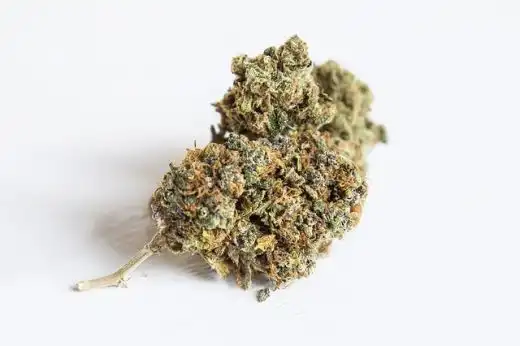
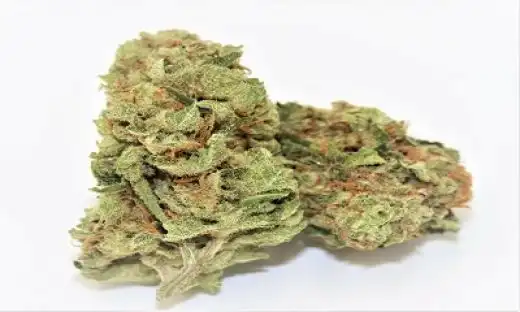
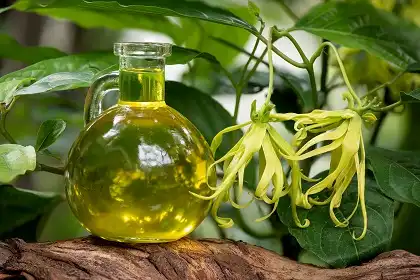
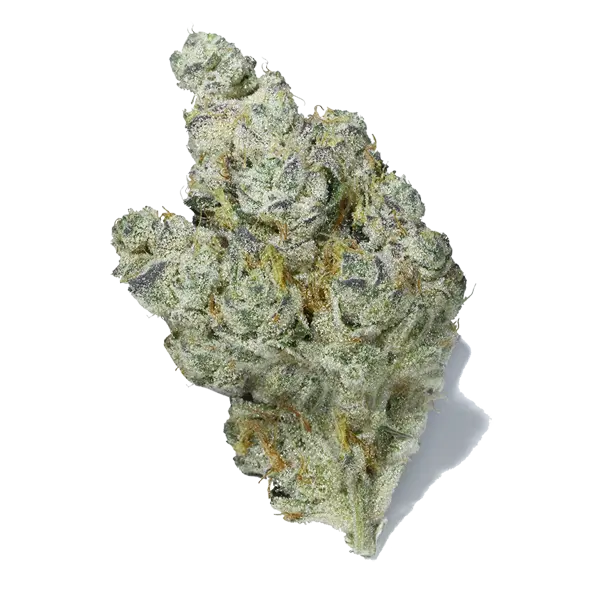
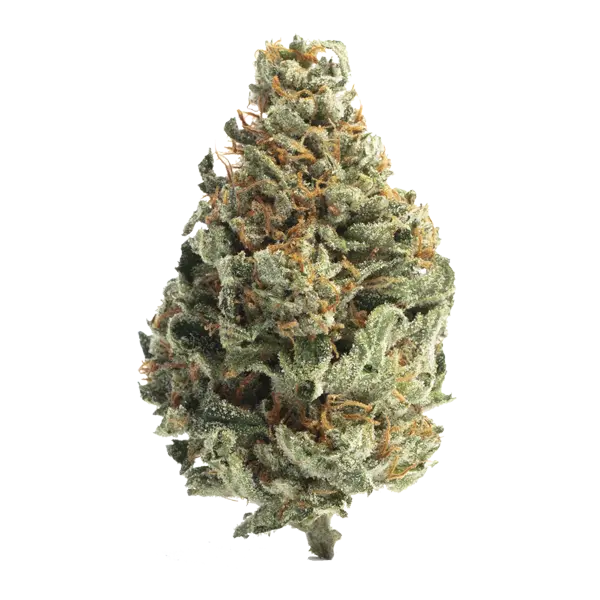
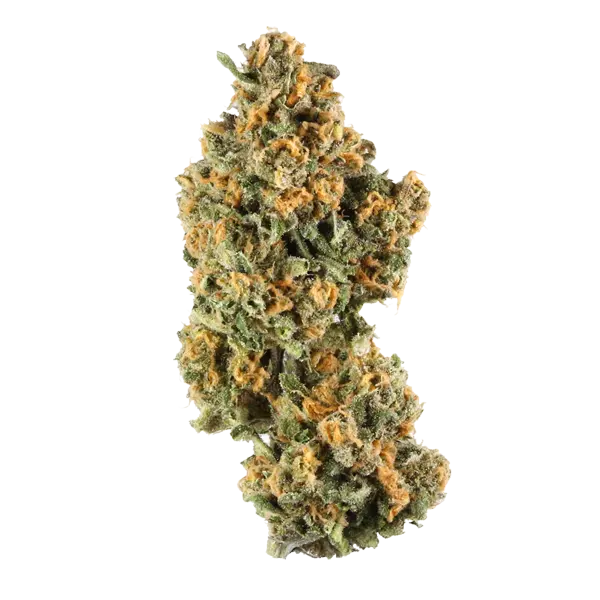
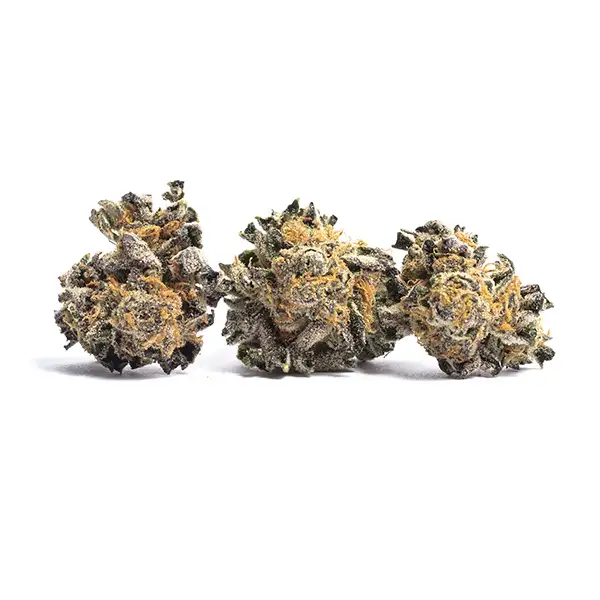
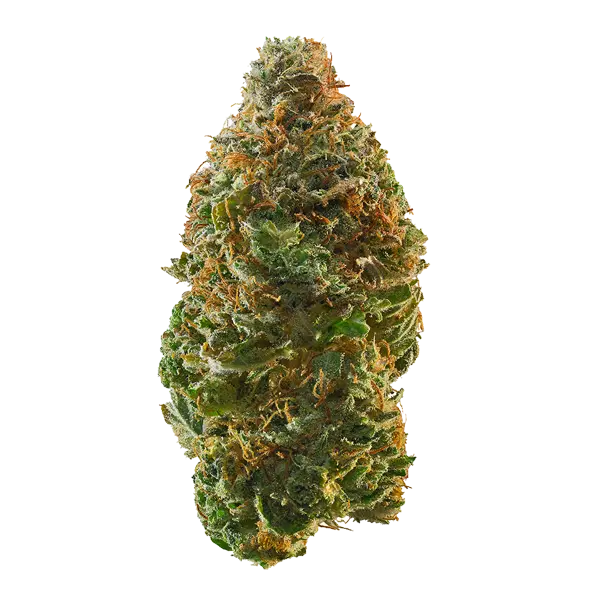
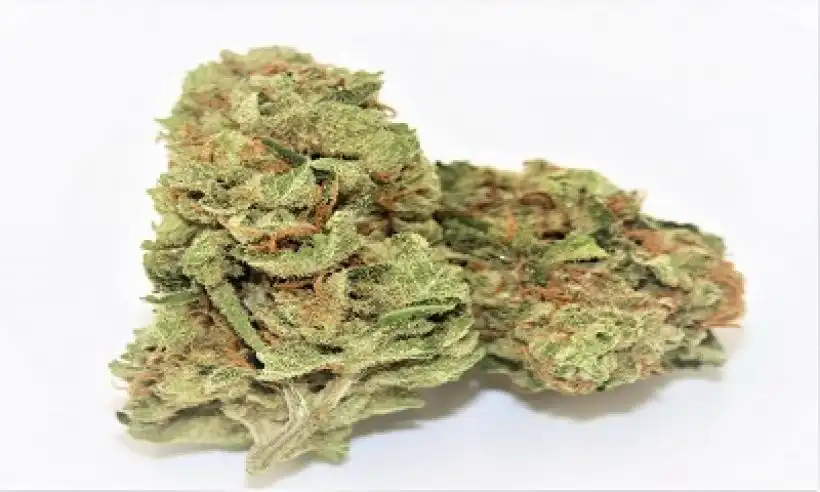
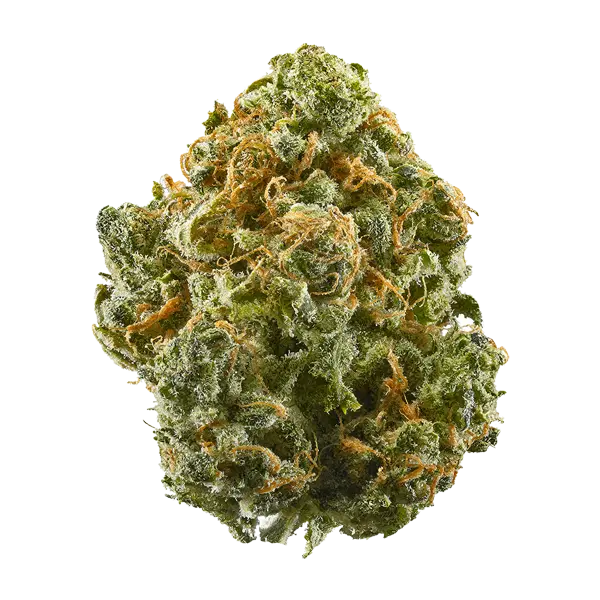

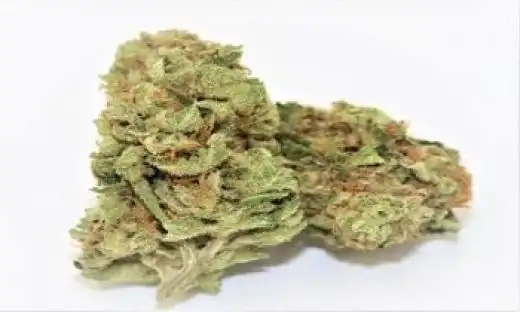
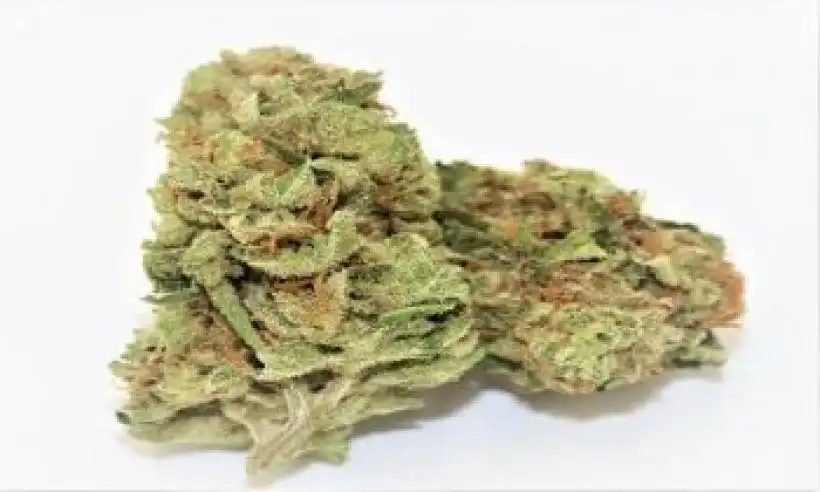
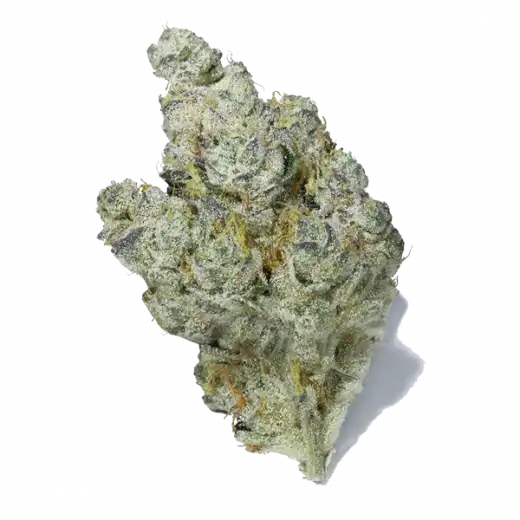

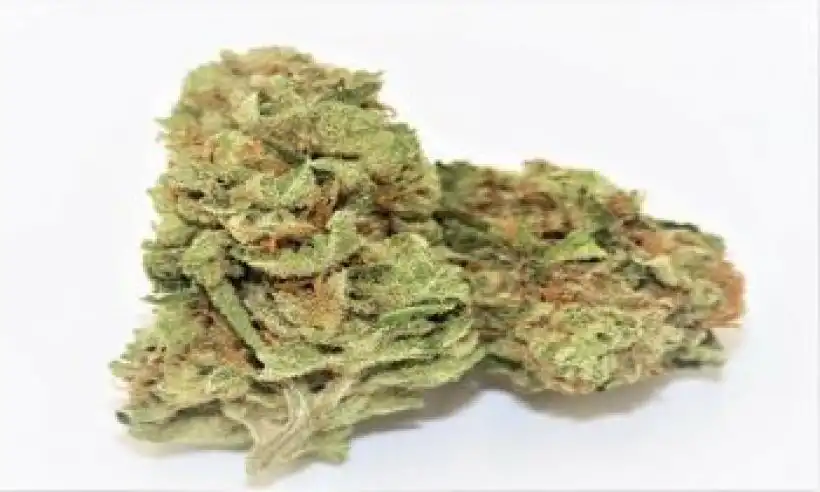
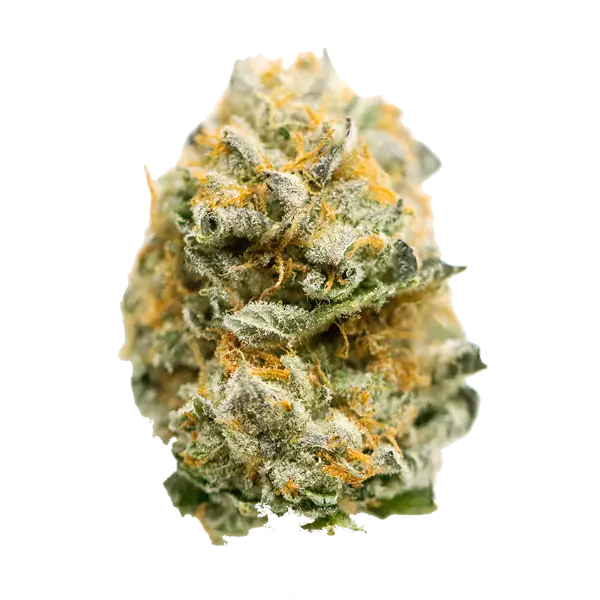

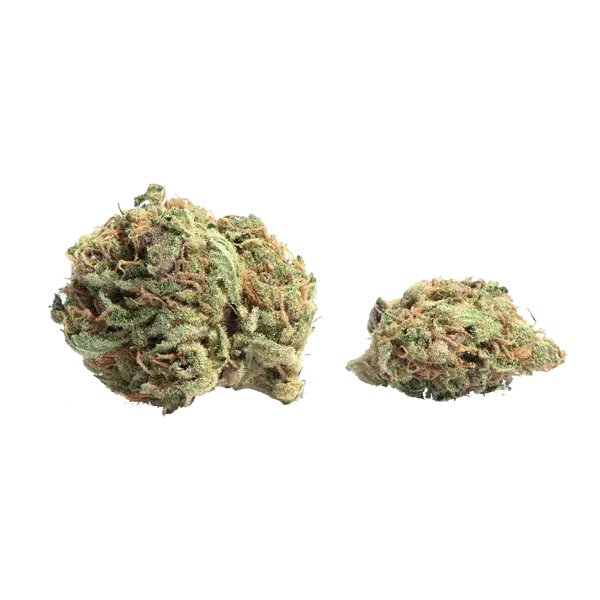
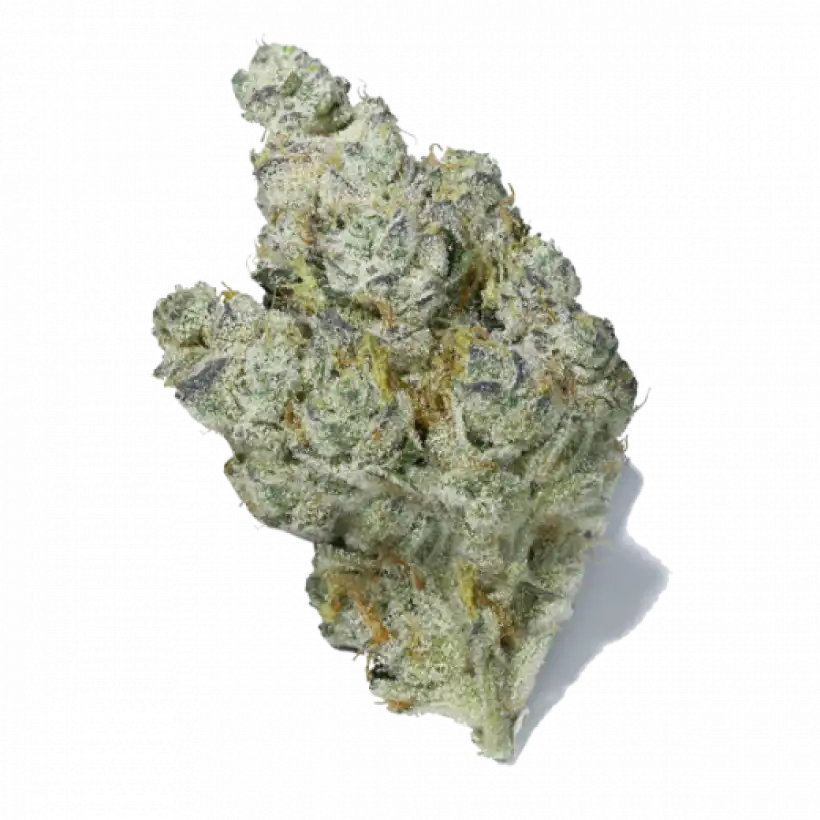
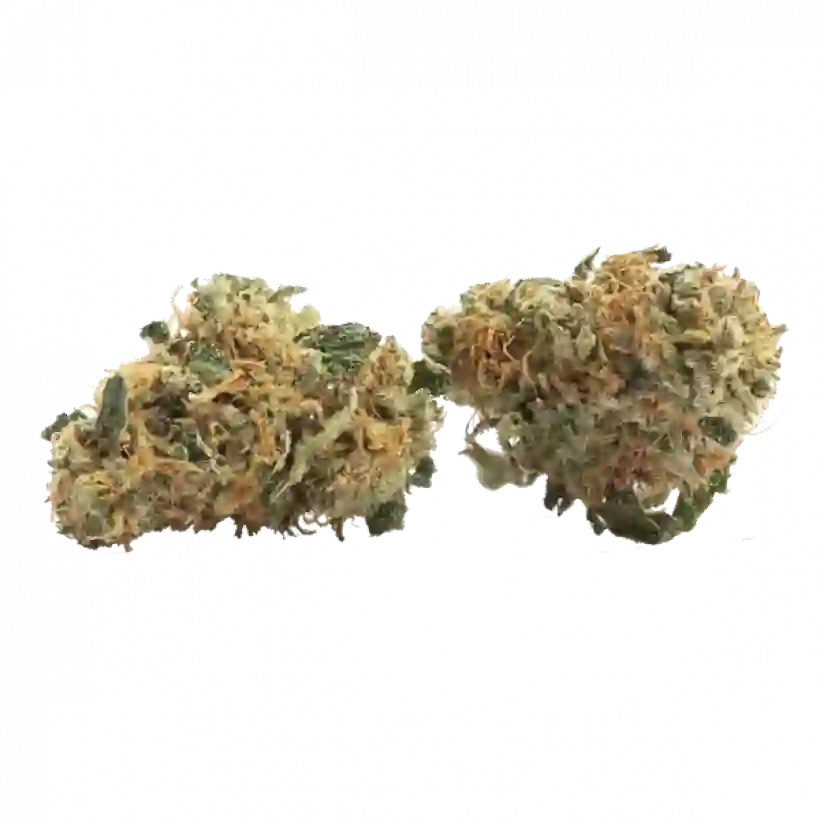
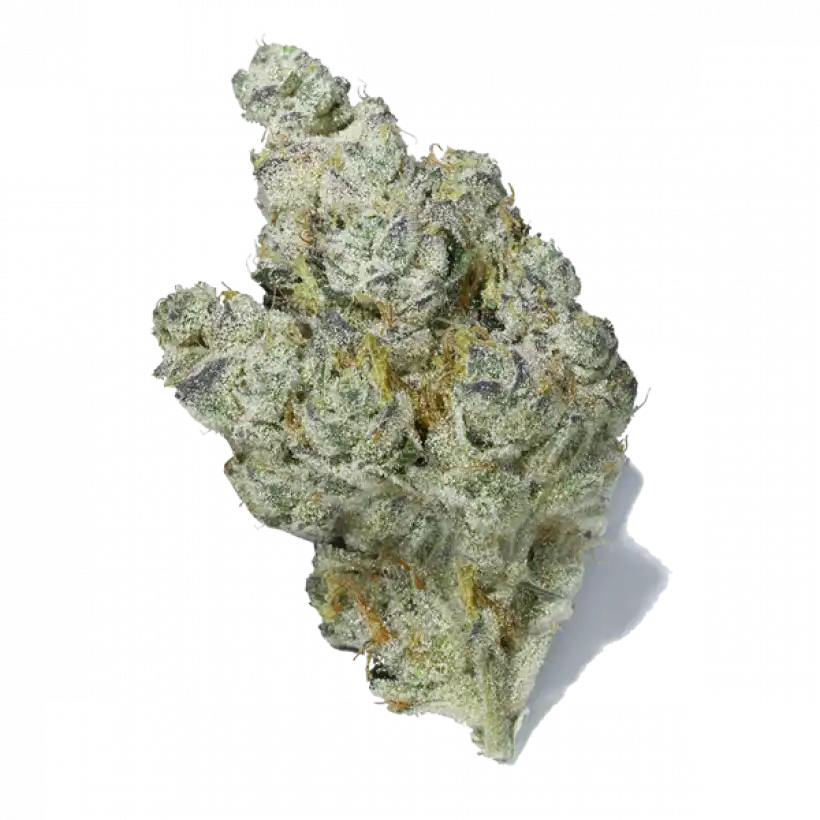
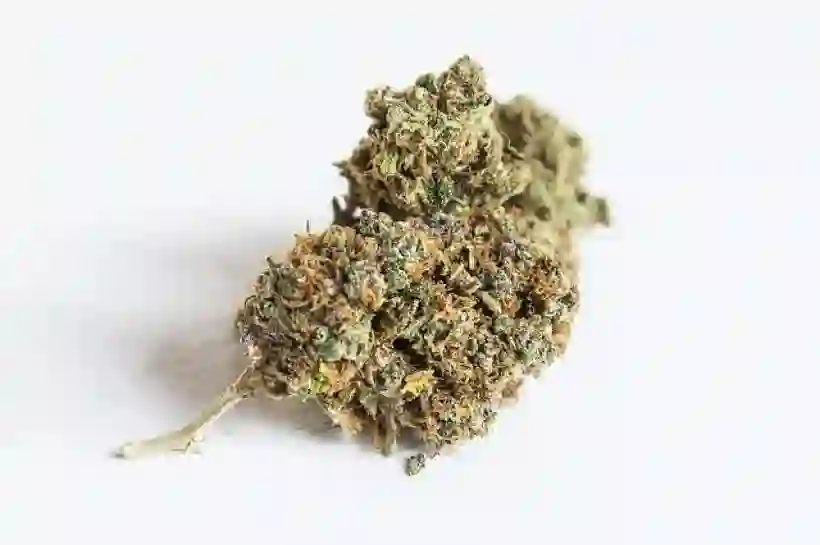
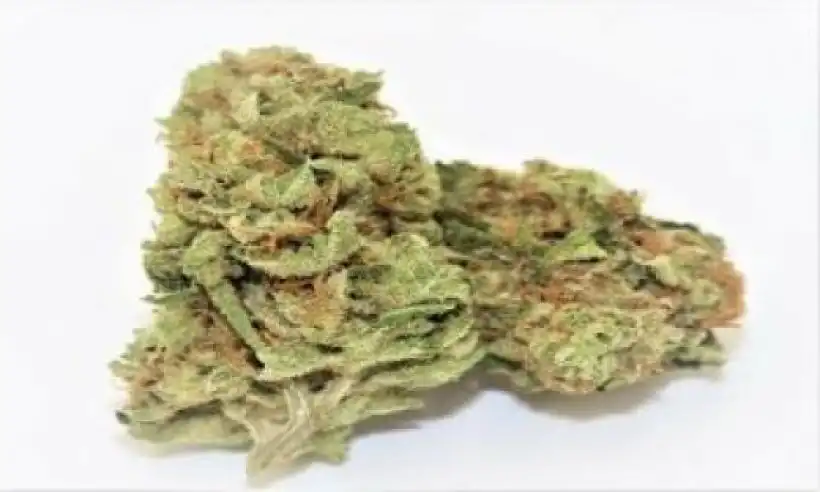
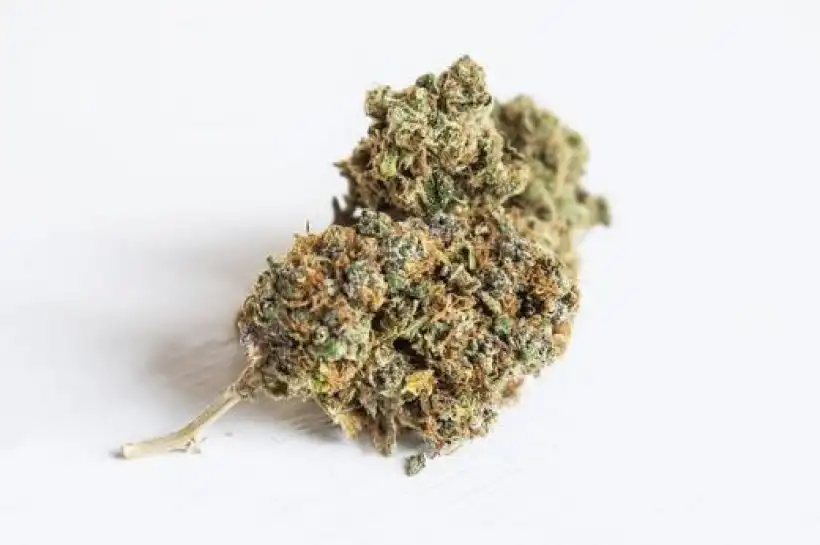

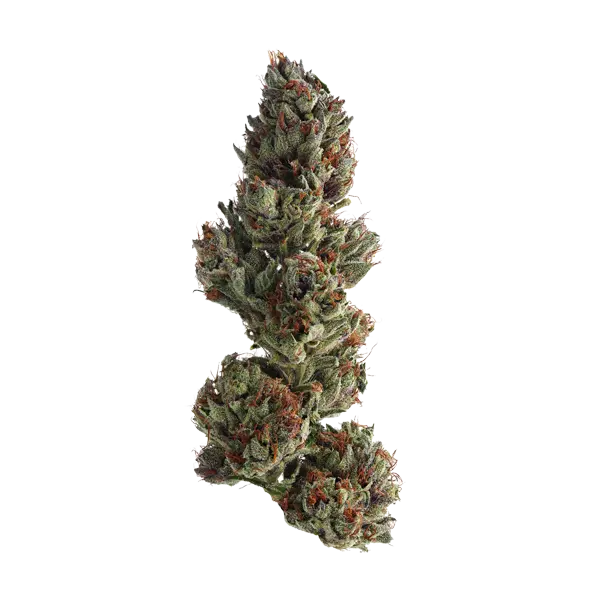
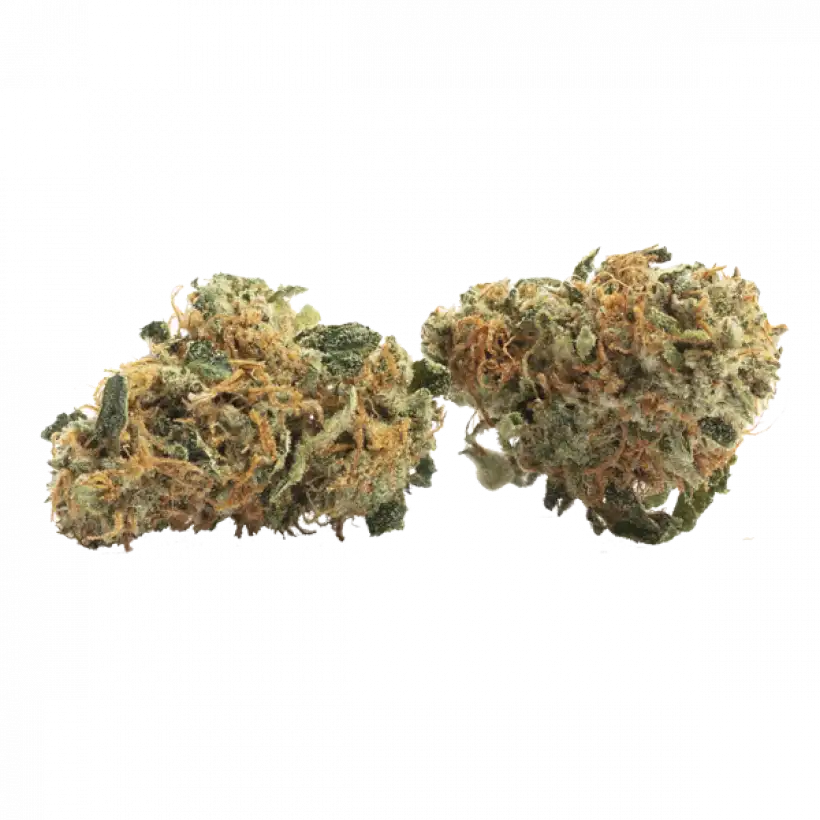
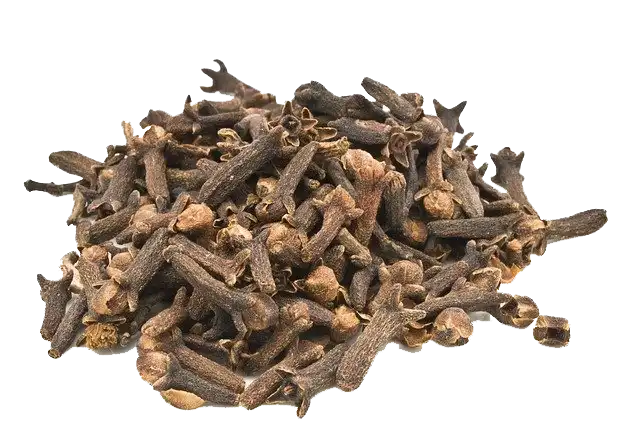
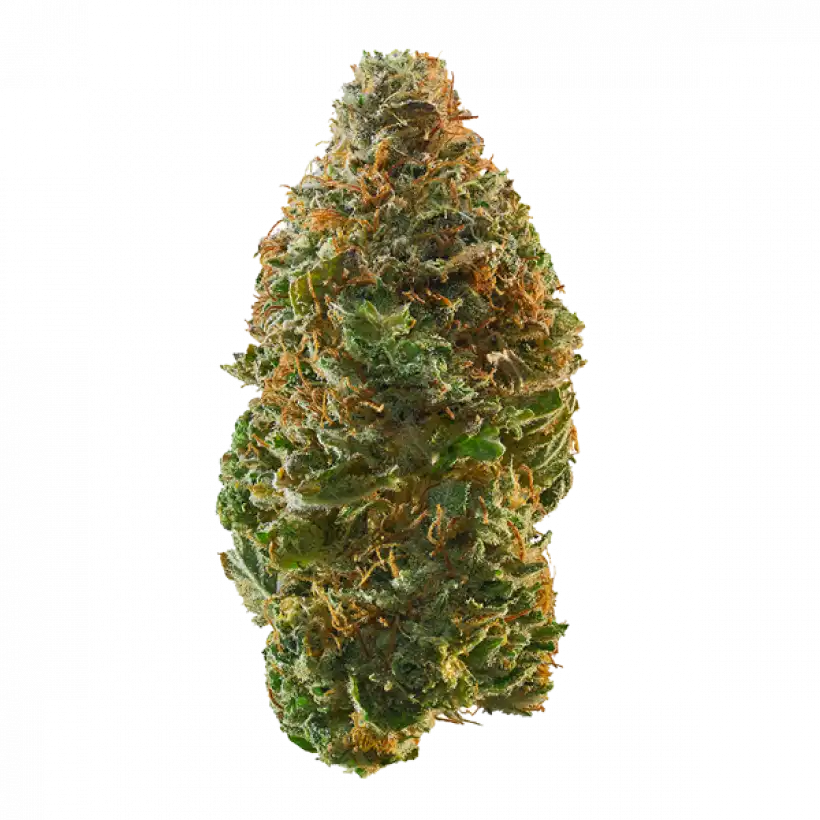

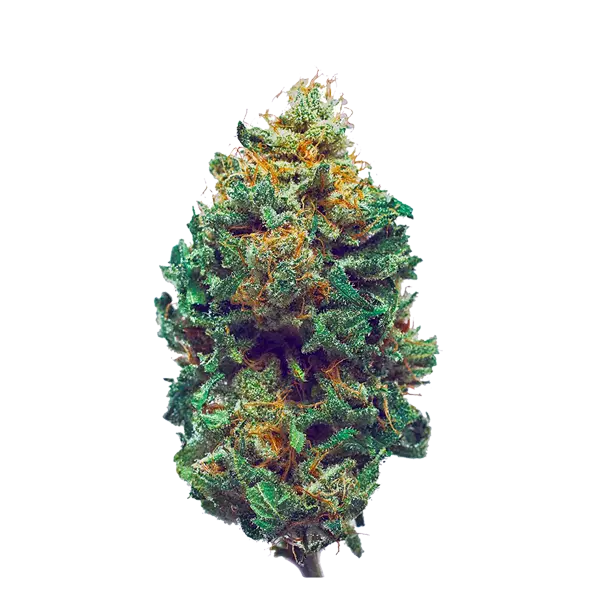

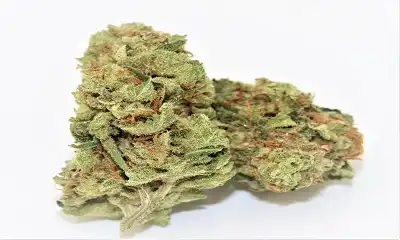
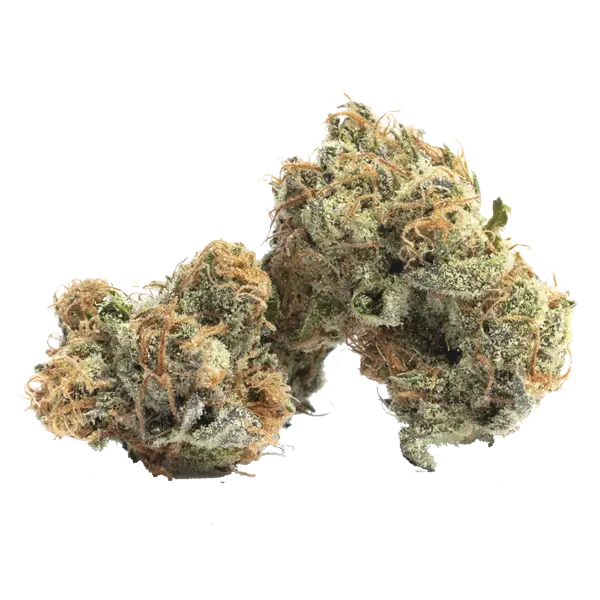
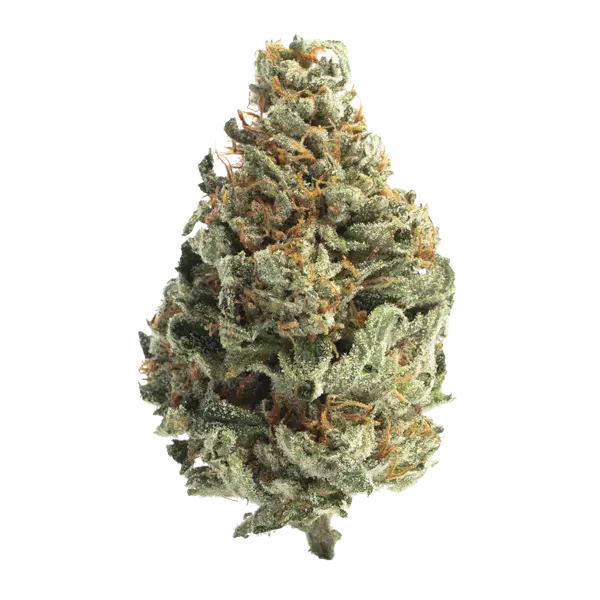
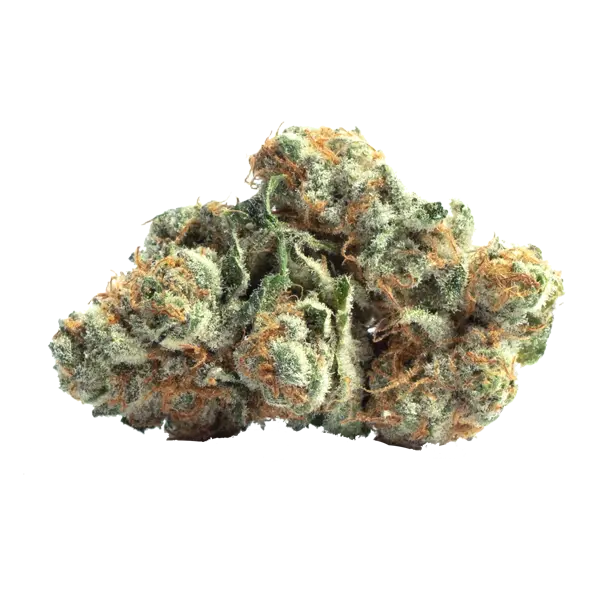
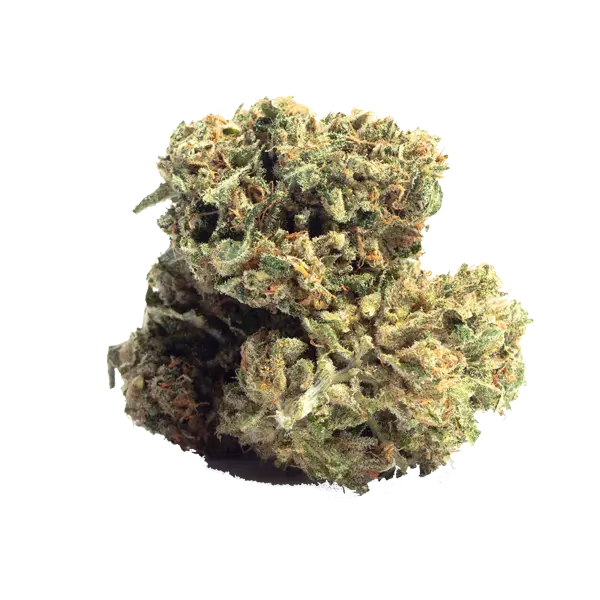
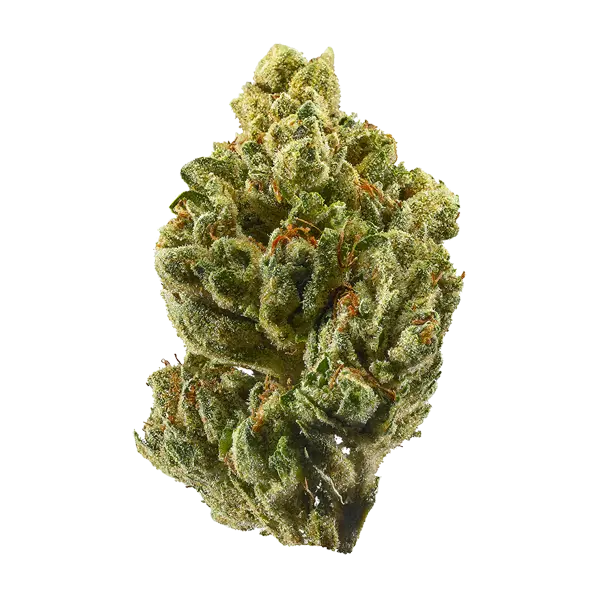
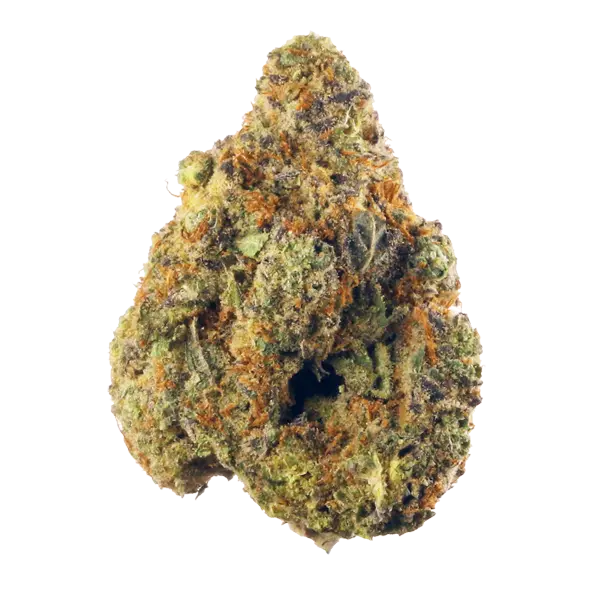
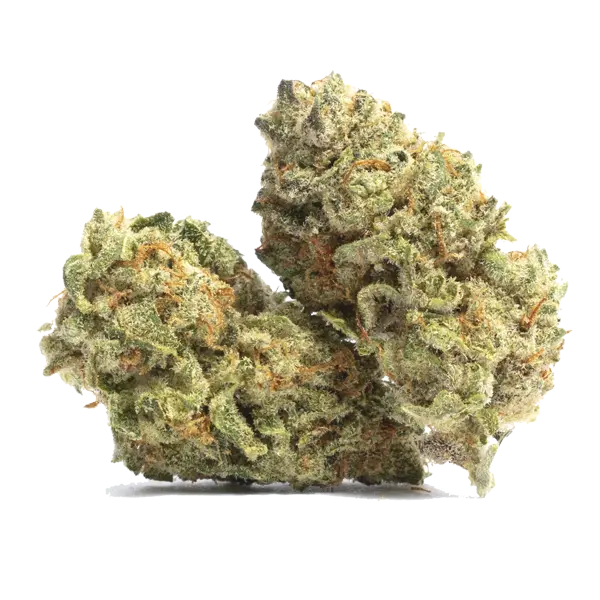
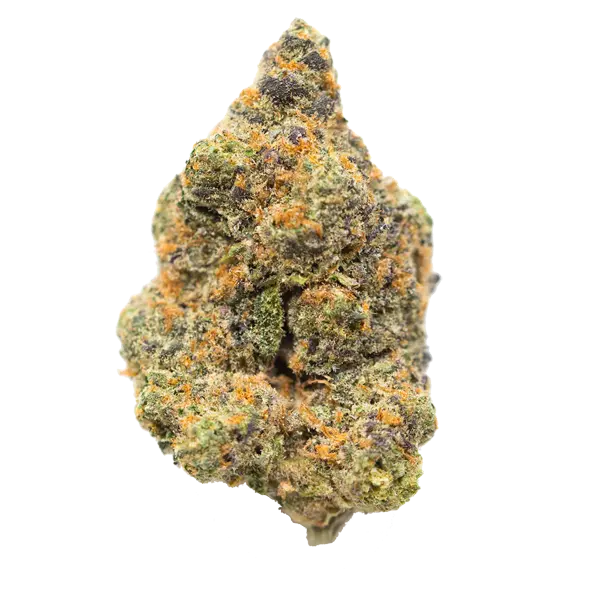
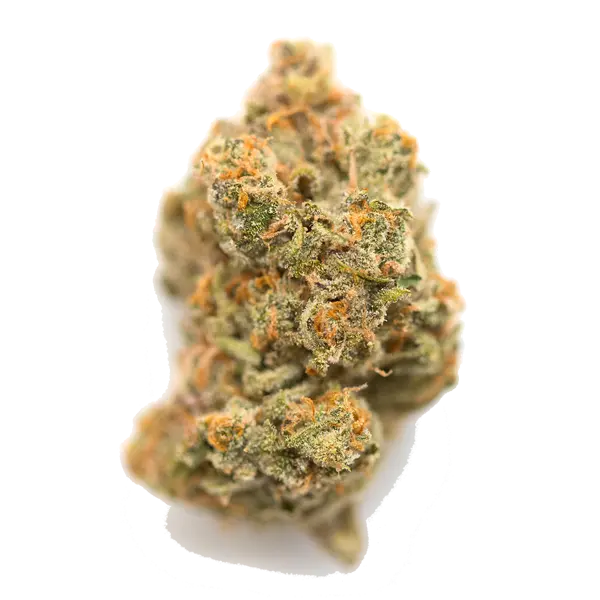
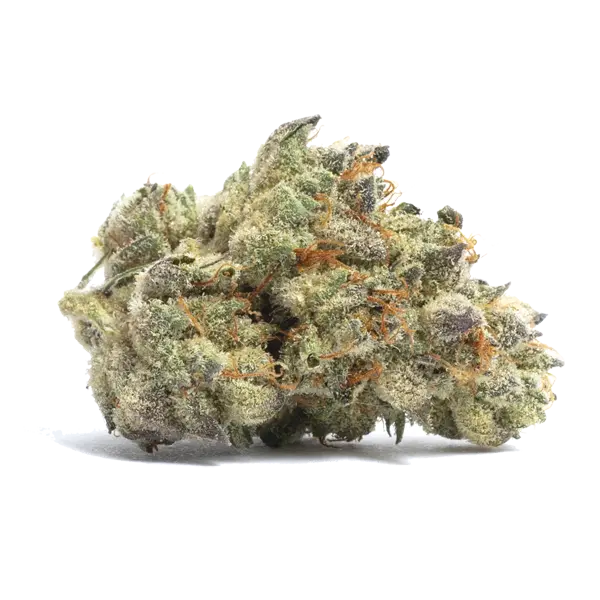
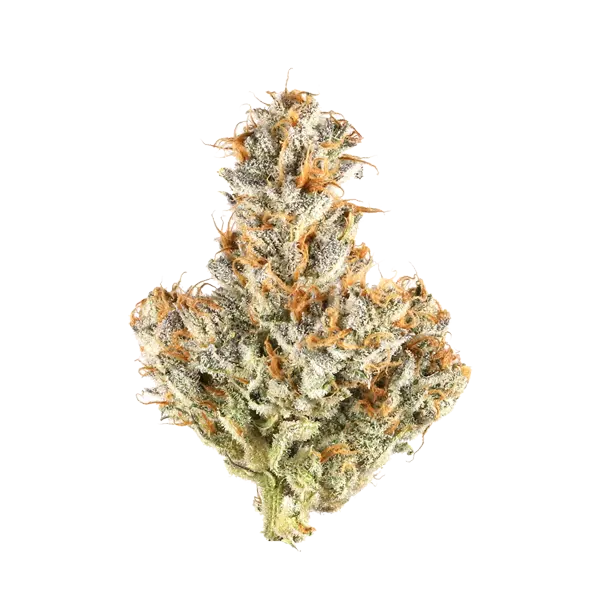
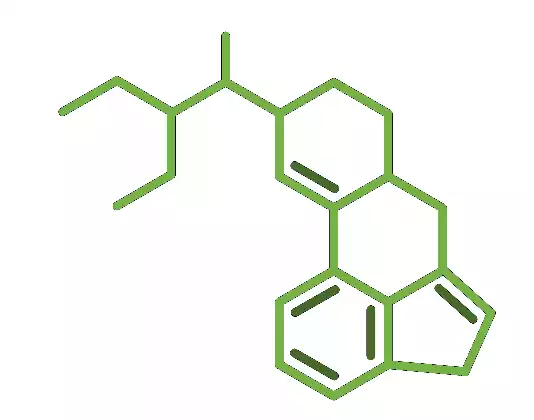


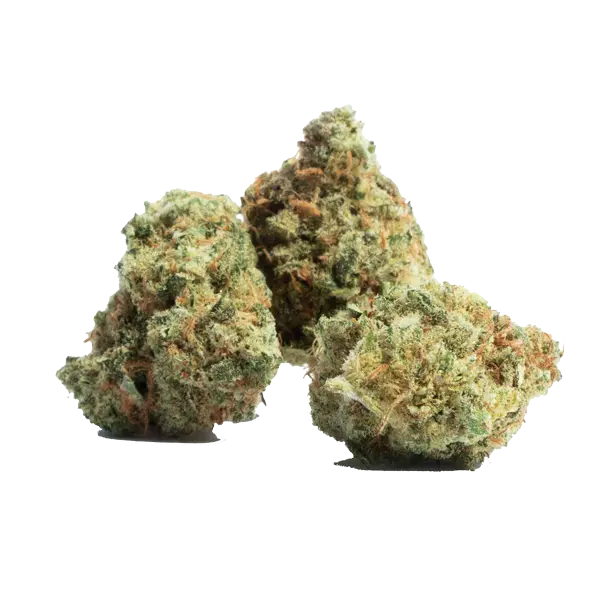
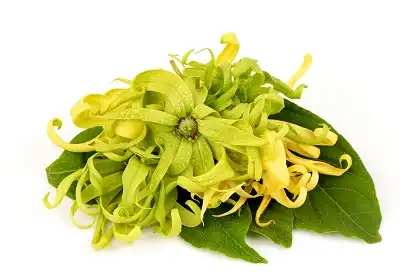
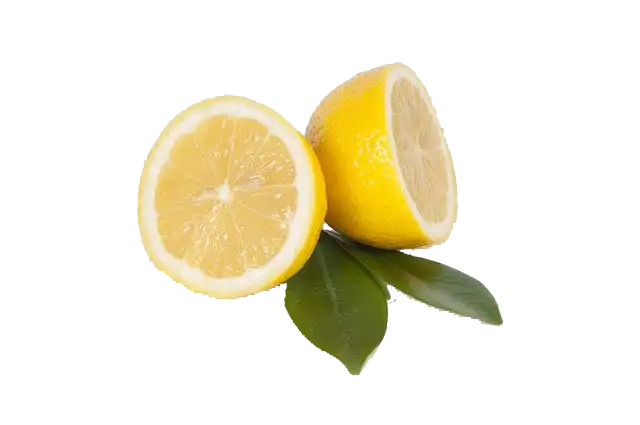
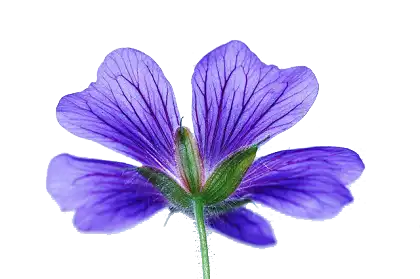
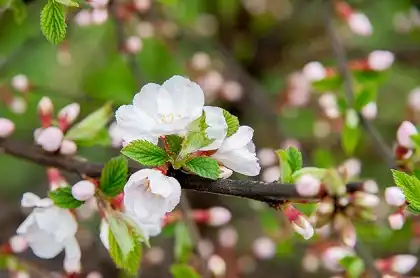









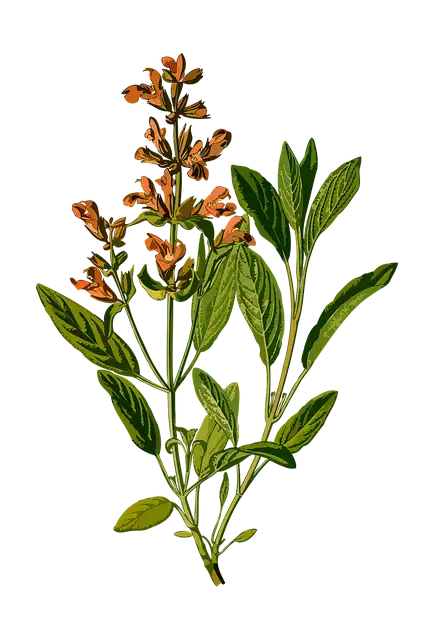

 '98 Aloha White Widow Cannabis Strain Profile
'98 Aloha White Widow Cannabis Strain Profile Black Beauty Strain Information
Black Beauty Strain Information








